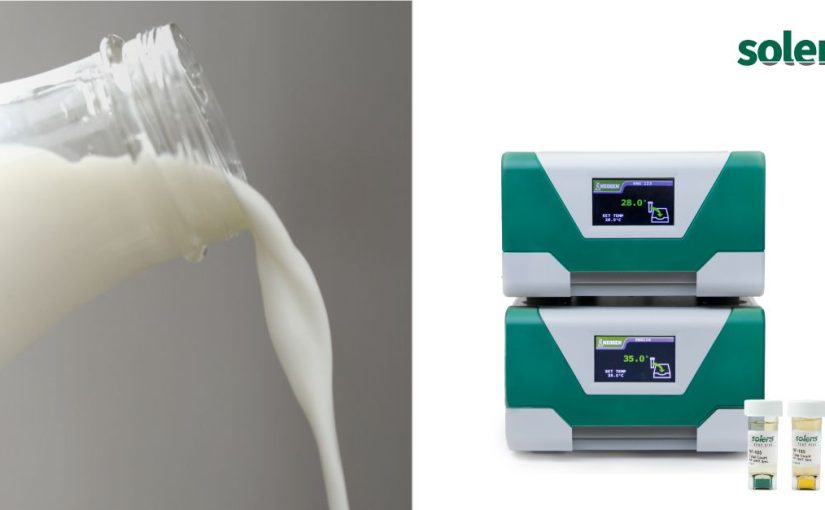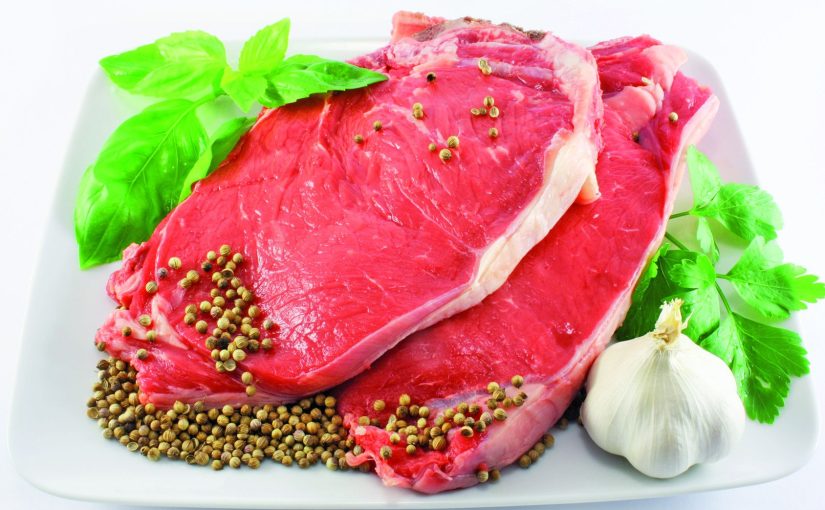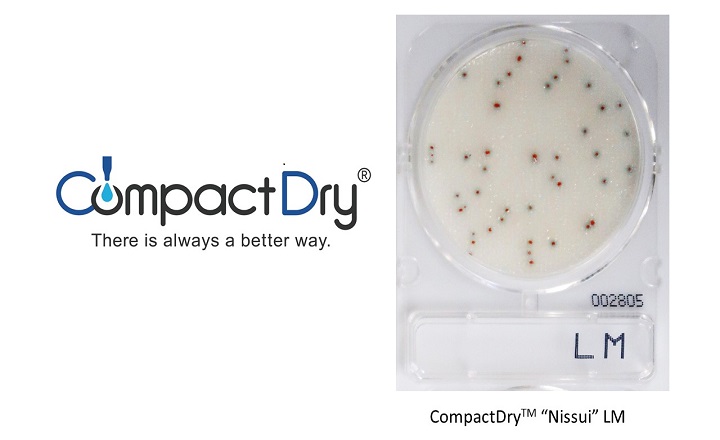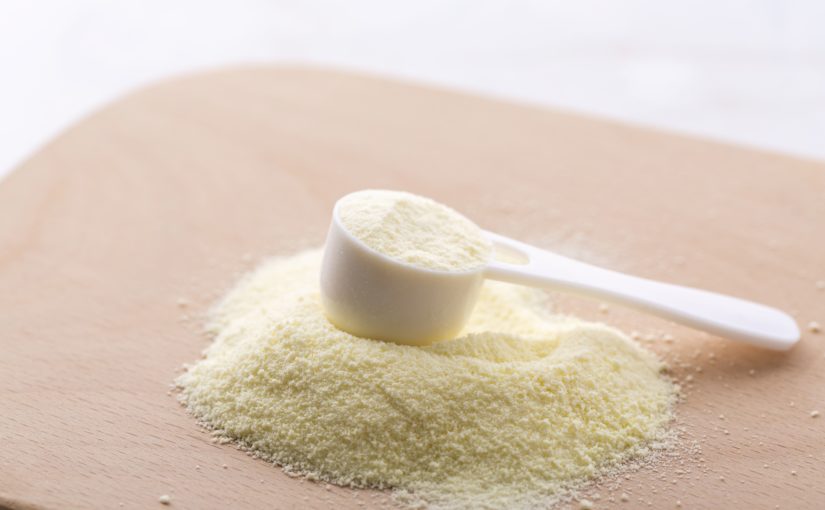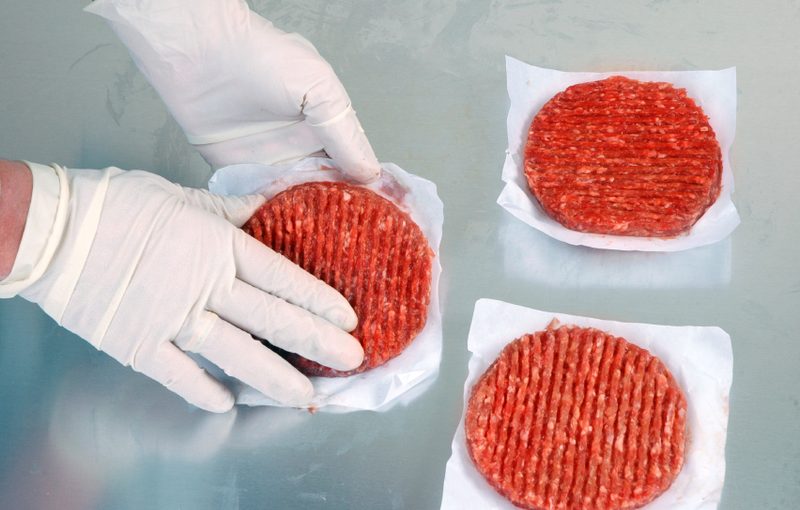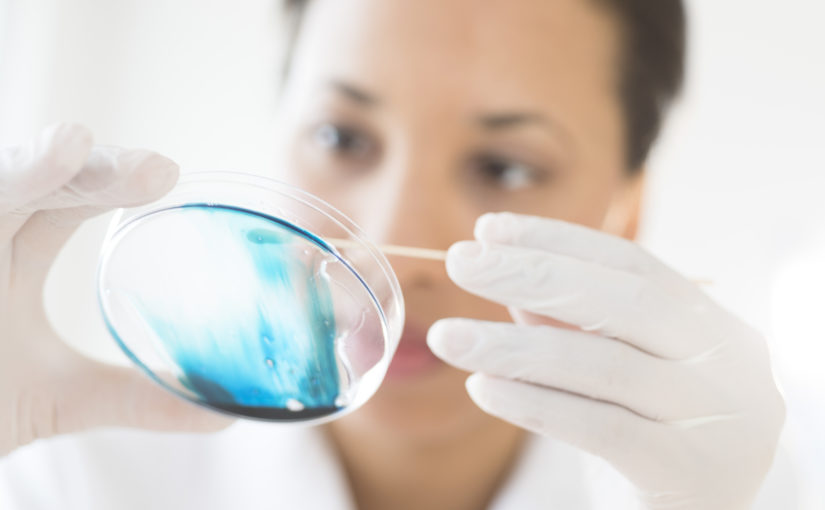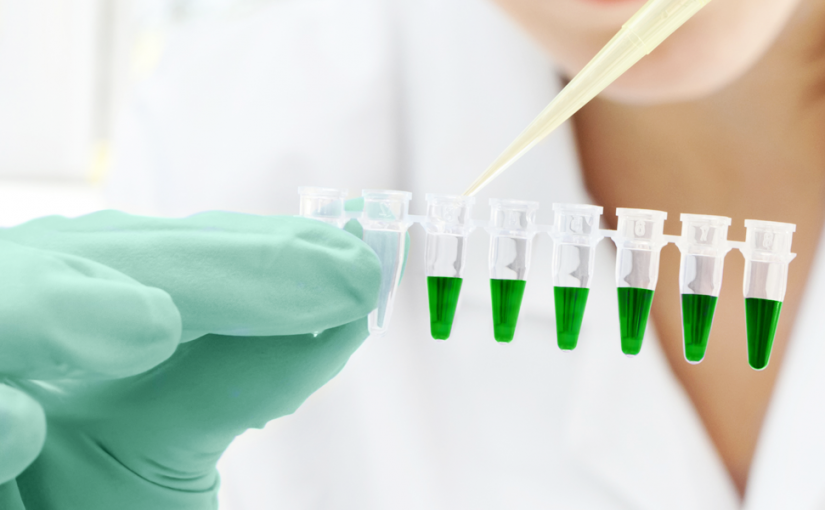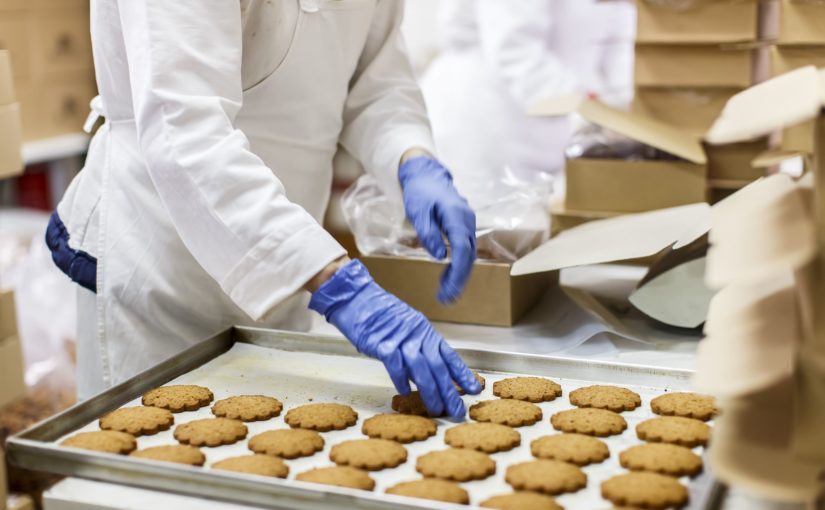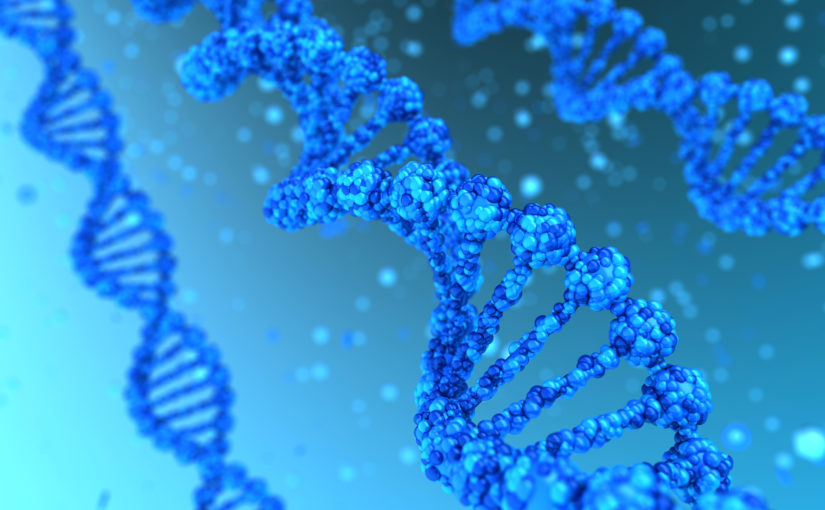AOAC INTERNATIONAL announced that it has issued five certificates of validation for proprietary test kits that detect SARS-CoV-2 on stainless steel surfaces. These test kits have passed the evaluation required by the globally recognized AOAC Research Institute’s Performance Tested Methods (AOAC-PTM) Program, which implemented an Emergency Response Validation (ERV) process to accelerate the evaluations. The MicroVal experts have evaluated the approaches taken by the AOAC-PTM validation program for detection methods of the SARS-CoV-2 on environmental surfaces, and fully support this AOAC initiative.
Below you can find some more information from AOAC on this program.
The COVID-19 crisis has fundamentally changed our way of life and the everyday life in the professional and domestic environments. It is obvious this will have other impacts in the future.
SARS-CoV-2 is a public health issue. Direct transmission of the virus from person-to-person is the main route of contamination. However, some food industries have faced contamination issues among co-workers[1]; stability of SARS-CoV-2 on various surfaces have been demonstrated[2], and transmission of the virus from contaminated surfaces might be possible[3].
Emergency responses were set up to support the food industry. Methods have been developed to detect SARS-CoV-2 in food production environment to evaluate the efficiency of control measures designed to eliminate the virus from surfaces. AOAC INTERNATIONAL has activated an accelerated program to evaluate test kits for detecting coronavirus on surfaces.
For food manufacturers, contract laboratories, and others in the food supply chain, the certifications provide independently validated tests they can use to ensure their
sanitation protocols are effective and to provide a culture of safety for their essential employees.
The AOAC Performance Tested Method program (PTM) includes multiple steps:
- An in-silico analysis was developed to evaluate the quality of the primers and probes of the test kits. This innovative approach in the framework of method validation makes sense as thousands of SARS-CoV-2 genomes are free available, and the databases continue to expand. In the validation study, there were 15,764 accessions evaluated for inclusivity, and 65 near neighbors and environmental background organisms for exclusivity.
- The matrix study was run with stainless steel test areas inoculated with intact SARS-CoV-2 virus (USA_WA1/2020). The samples were prepared by a single independent laboratory. After proper surface sampling, the US Centers for Disease Control and Prevention (CDC) method and the candidate method were run in an unpaired data study design to attempt to detect the virus on the surfaces. The acceptability of the alternative method is evaluated by the Probability of Detection approach[4].
- The Robustness, Product Consistency and Stability studies will be run in a final step early 2021, as kits from different production batches are required. Robustness parameters evaluated will be specific to each method.
The involved AOAC reviewers are recognized experts in the field.
AOAC Volunteer Expert
William Burkhardt, FDA/CFSAN/OFS/DSST
AOAC Expert Reviewers
Jacqueline Woods, FDA/CFSAN/OFS/DSST/MHSB
Efi Papafragkou, FDA/CFSAN/OARSA
Sanjiv Shah, EPA/ORD/HSMMD
John SantaLucia, Wayne State University
Chengzhu Liang, Qingdao Customs District Laura Rose, CDC/DDID/NCEZID/DHQP
[1] https://www.newfoodmagazine.com/article/112889/coronavirus/
[2] https://www.forbes.com/sites/robertglatter/2020/08/23/covid-19-coronavirus-can-survive-on-frozen-meat-and-fish-for-up-to-3-weeks-study-finds/#1e8975128877
[3] https://doi.org/10.1016/j.tifs.2020.08.020
[4] http://www.eoma.aoac.org/app_h.pdf
